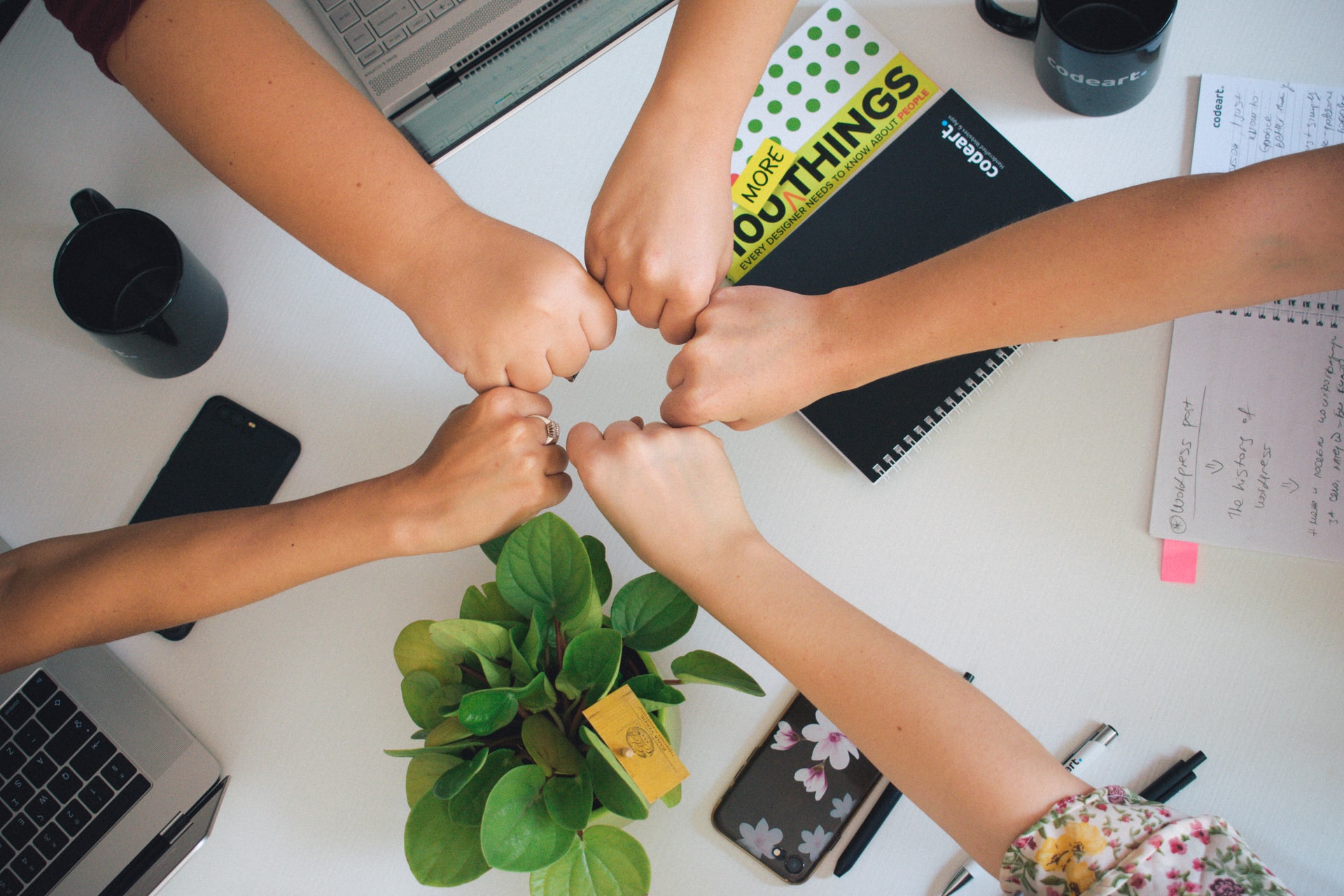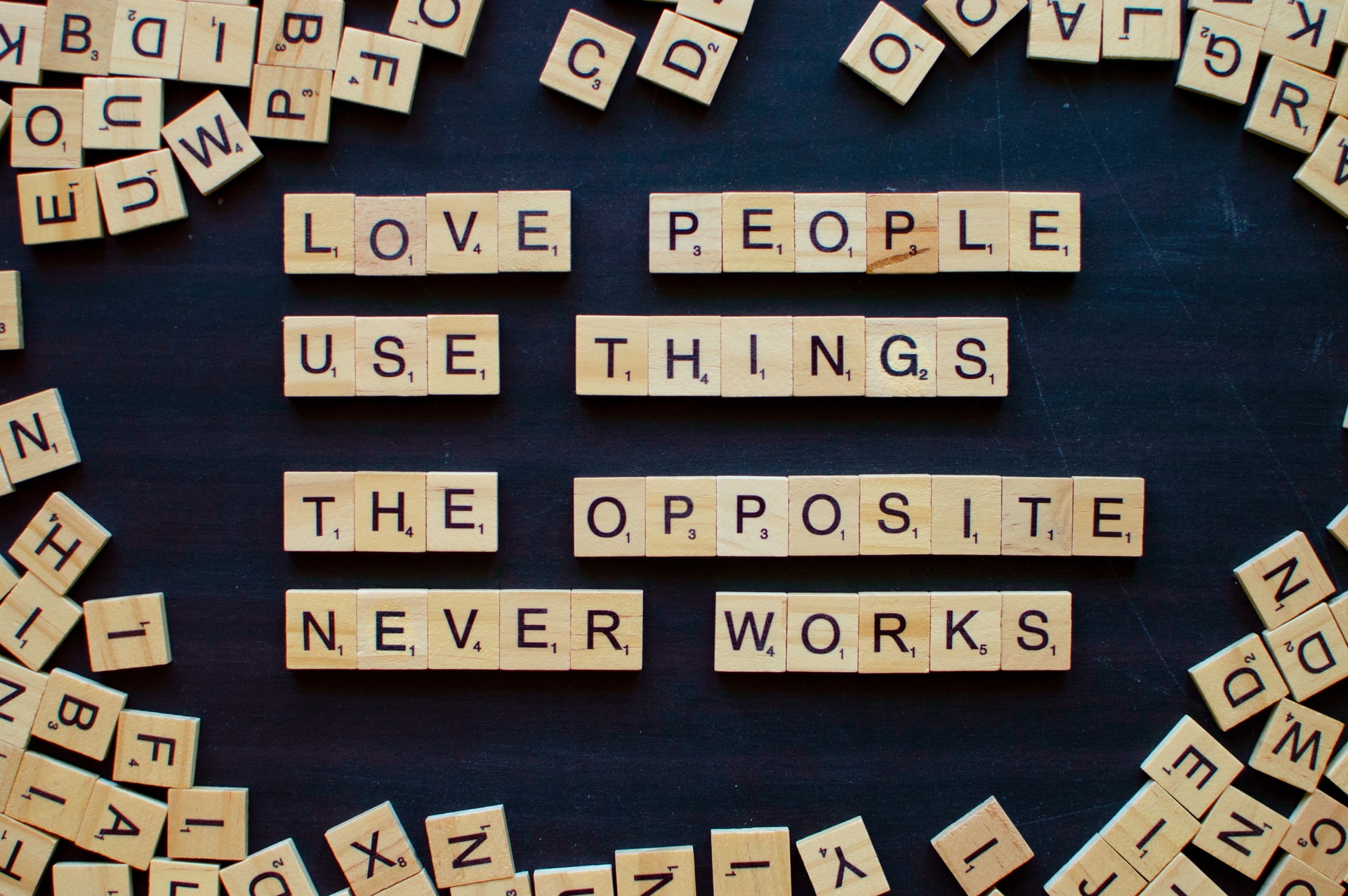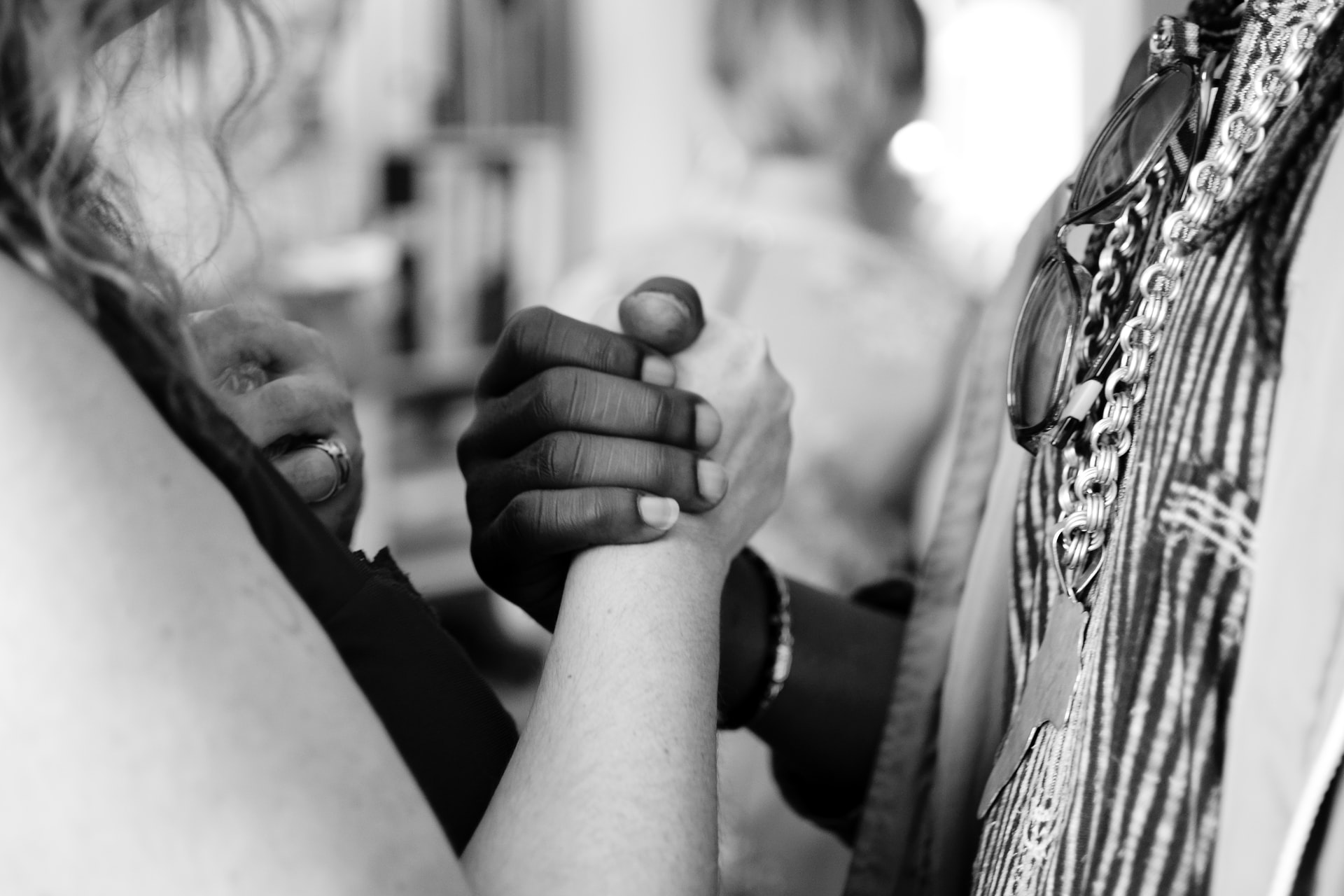I stood next to my car door, stunned and frozen in place. I had just walked out of my workplace to leave when a stranger walked up to me and casually handed me a large, white envelope. Divorce papers.
My children were waiting at a friend’s house for me to fetch them. My mother was in the hospital, and I’d promised to visit that day. I also had a huge work project that needed to be completed.
How was I going to balance my busy personal life with a crumbling marriage and a high-pressure job?
Fast forward to six months later. I’m sitting in my office. My new corner office.
A week ago, I was promoted to the head of my department. I’m living in a new, beautiful home. My kids are happy, healthy, and staying with their dad for the week. My mom is doing better, and I am about to head home, have a glass of wine, and relax.
How did I even get here? I ask myself.
As I sit in quiet contemplation, I spot Martha walking past the office window. She smiles and gives me a small wave, both of which I return.
That’s how I got here. The support of good people, who, until six months ago, were just colleagues. When my life fell apart, they stepped up and helped me through it.
I offer up a silent thanks for the people who were no longer just colleagues, but friends and loved ones. Without them, who knows where I would be right now.

How Well Do You Know The People You Work With
No matter where you work, you spend most of your time at the office.
We all know what difference a good and a bad culture make in the workplace (1). The general mood at work affects people’s happiness as well as health.
There are five main reasons why people leave their current place of work (2). They are:
- Poor leadership
- Low salaries
- Change of career goals
- No career progression
- Managers taking credit for their employees’ work (No appreciation)
When people feel they are treated like resources and not human beings, they don’t like it very much. We all know how it feels like to be treated like machines, hired to just get a job done, and nothing else.
Tools or People?
Being treated like tools doesn’t make for a happy mood in the office. Irrespective of where we work and the kind of work we do, we all live very parallel lives. We are all humans – and we are all someone’s children, siblings, parents, spouses, employees, colleagues, and friends. This is true for everybody, no matter what their position at work.
Modern workplaces are often designed to treat humans as resources or machines to get the maximum out of them, but all of us are more than a tool to be used for a purpose.
Why Should You Know Your Colleagues Better?
Well, you don’t have to. But if you do, it will help you make better decisions, create a happier working environment, and be more productive at whatever you do at work. This is especially important if you manage a team of people, as you can have a massive jump in productivity by having a simple paradigm shift of knowing your colleagues better.
Team dynamics are important, and once you understand that each person’s productivity is tied into everyone else’s productivity, you’ll start to realize how important it is to know them a little deeper – as human beings and not just as cogs of a machine.

Why Digging Deeper Is Important?
Would you be able to tell if one of your colleagues was having a bad day (3)? And do you know that just asking that can make a big difference?
The dynamics of the team you work in are often complex. Everyone has their own likes and dislikes, work ethics, different approaches, and opinions about all kinds of topics. By understanding the people you work with a little deeper, you’ll find it easier to connect and work with your team members.
Apart from the productivity gain, it’s also great to have friends at work, so that you can discuss things other than work.
Humanizing Colleagues
Research today shows that your job becomes more fun and satisfying if you know your colleagues on a personal level. (4)
We often forget that our team members are human as well and that they have other things going on in their lives. A colleague may, for example, be going through a divorce, or dealing with a sick family member, which would have a massive impact on their work. (5)
We all have different ways of coping with tragedies, break-ups, and life’s other frustrations. You may have noticed some of the following signs with one of your colleagues:
- They seem to be distracted, and there’s a sudden increase in errors in their work.
- They may be unable to focus on tasks, which leads to poor decision-making.
- They may be taking more time off work.
- Their health seems to be suffering.
- They look stressed (6).
When you see any of these signs, think about how you would feel if you were in their situation? What type of support would you want? If you know your colleagues well, it will be easier for you to be supportive. It will also be easier for them to open up and find a safe space to share.
You are working in a company and doing business. But you are doing it with people (employees), and for people (customers). If you do not know the people working with you, it becomes all abstract. What is the point of doing business or work, if you can’t connect with people working alongside you on a deeper level?
“Too many companies believe people are interchangeable. Truly gifted people never are. They have unique talents. Such people cannot be forced into roles they are not suited for, nor should they be. Effective leaders allow great people to do the work they were born to do.” – Warren Bennis

5 Reasons Knowing The People Behind Your Colleagues Matters
Getting to know your colleagues personally provides the following benefits:
1. Makes It Easier to Learn From Others
Knowing the people behind your colleagues leads to better teamwork. And better teamwork increases the opportunity to learn from each other, as well as coming up with creative solutions.
2. Decreased Stress Levels At Work
If you are hating every moment at work, you will be stressed and it will impact your happiness and productivity. The same applies to your colleagues.
Knowing your colleagues better allows you to support each other and offer a helping hand or a shoulder to lean on. If you are going into the office knowing that you have a supportive team and can have a cup of coffee and talk about what’s bothering you, your stress levels will decrease.
Less stress at work means more productivity and fun. Which in turn leads to people staying in companies longer.
3. Increased Sense of Responsibility & Quality of Work
Having a deeper connection with the people you work with increases our sense of responsibility towards each other and commitment towards the business.
When you have a closer relationship with your colleagues, you make decisions taking into account the bigger picture. Improved decision making leads to better work quality, which is a win-win for everyone.
4. Aliveness and Joy
If we are treated like machines in the workplace, we lose our sense of aliveness. Making an effort to get to know people better gives everyone space to be themselves.
This affects not only office dynamics, but it spills over to how you deal with people in your lives. Everyone feels better when there’s joy and fun in the office.
5. Increased Wellbeing In and Out of the Office
When one area of life is difficult, everything else feels worse. Similarly, if you can improve the quality of your life at work, it spills over into your home life too.
You are healthier, happier, and more productive if you work with friends and not just colleagues. Despite the hardships or challenges you face at work, you will remember and cherish these moments as you were in the company of friends.

“Stop taking care of your career. Start taking care of your people. And if you do that, they won’t let you fail.” – Jim Collins
Conclusion
If you don’t know the people behind our colleagues, what are you working for? Economic growth, profits, revenues, market share? All those terms become very abstract and disconnected when you don’t work with people you enjoy spending time with.
With your work, you serve the clients and customers of your business. By knowing your colleagues better, you can directly serve the very people in your office, which leads to all the benefits listed above.
Are you being treated like a resource or a machine? Are you treating others in your office that way? Now is the time to rethink that and get to know your colleagues as human beings. You will be surprised at the difference it can make – both inside and outside of work.

Trackbacks/Pingbacks